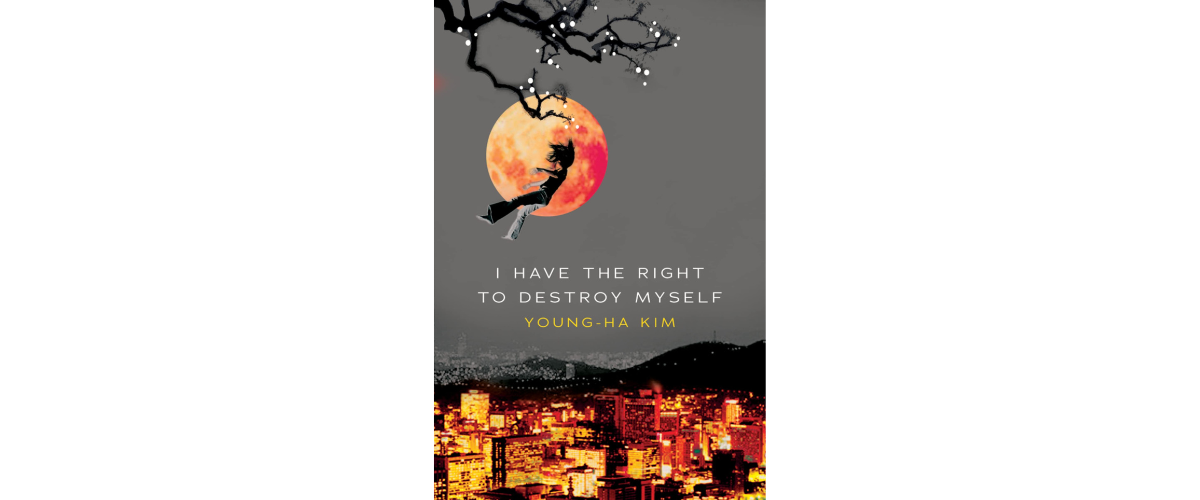I Have the Right to Destroy Myself by Young-ha Kim is a deep and eerie book that delves into the darker corners of human psychology like suicide, grief, and the quest for meaning. The book is a provocative and introspective look at human yearning and the impact of free will on one’s life.
The book is divided into a number of interconnected tales, each of which follows a different character dealing with issues of love, loss, and identity. The enigmatic figure of a man who goes by the moniker “C,” a mysterious figure who gives people the chance to end their lives through his services as a suicide facilitator, connects all of the tales.
What makes I Have the Right to Destroy Myself so riveting is its capacity to make the reader feel uncertain and uneasy. Kim’s writing is precise and controlled, giving the book a feeling of dread and tension that leaves the reader guessing about what will happen next. Kim challenges readers to face the shadowy sides of the human psyche and the ways in which we all battle to make sense of our lives through his examination of self-destructive behavior and the complexities of human relationships.
Each of the novel’s characters is completely developed and complex, with their own set of problems and aspirations. Kim presents a complex and nuanced portrait of the human condition, from the young woman fighting to accept the death of her father to the man succumbing to his own destructive impulses.
I Have the Right to Destroy Myself is, at its heart, a novel about the pursuit of meaning in life and the ways in which our decisions and actions determine our future.
In conclusion, I Have the Right to Destroy Myself is a novel that will leave an impression on readers long after they have put the book down. Kim’s prose is evocative and beautiful, delving deeply and with nuance into the human mind and the eternal quest for meaning. Anyone who is interested in tales of heartbreak, destructive choices, and the intricacies of the human condition should read this book.
